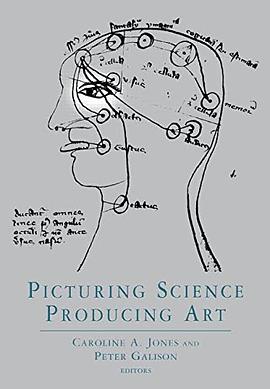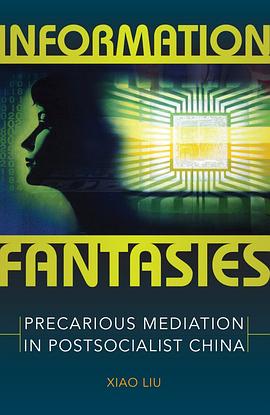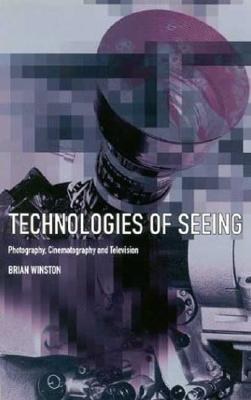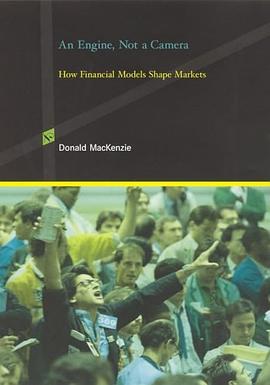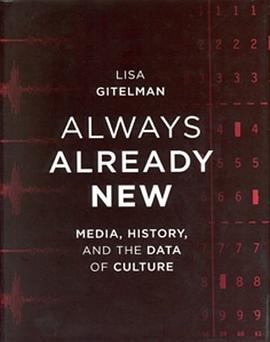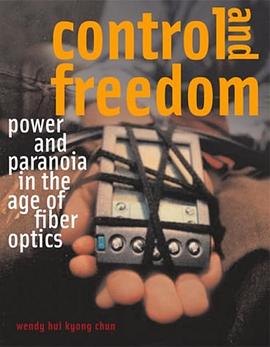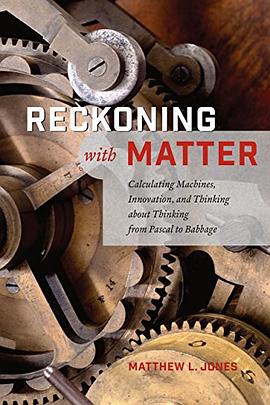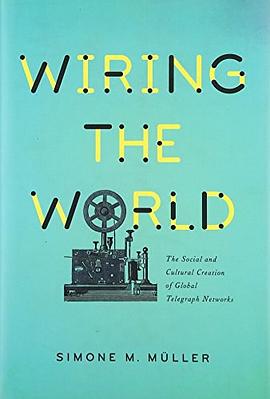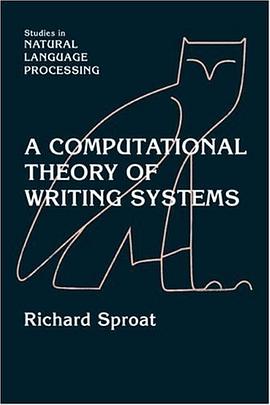
Telecommunication is, and always has been, a political technology, as the timely flow of information is a vital instrument of power. This book examines the political history of telecommunications between 1851, the year the first telegraph cable linked France and Britain, and the end of World War II. Headrick argues that telecommunication gives people options, not orders. During periods of peace, cables and radio were, as many had predicted, instruments of peace; in times of tension, they became instruments of politics, tools for rival interests, and weapons of war. the book illuminates the political aspects of information technology: the speed of telegraphy, which could diffuse conflicts in far-flung empires, but which also hastened the deterioration of diplomacy on the brink of the First World War; the broad coverage of radio, which increased public knowledge and public pressure on governments, and consequently the political interest in controlling news; and the security of telecommunications, which made communications strategy, communications intelligence, and cryptography decisive tools during the two World Wars.
具体描述
读后感
评分
评分
评分
评分
用户评价
相关图书
本站所有内容均为互联网搜索引擎提供的公开搜索信息,本站不存储任何数据与内容,任何内容与数据均与本站无关,如有需要请联系相关搜索引擎包括但不限于百度,google,bing,sogou 等
© 2025 qciss.net All Rights Reserved. 小哈图书下载中心 版权所有



